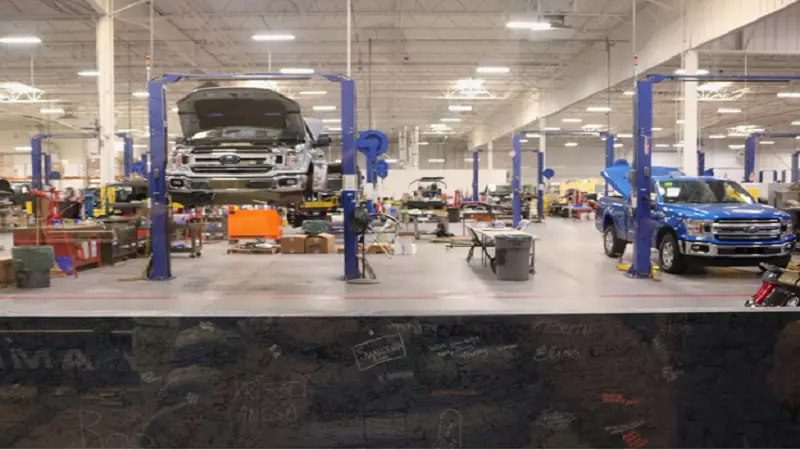In life, there’s something about tackling something by yourself – the sense of achievement that comes when it goes well is unlike anything else. Whether it’s assembling shelves for your living room or constructing a shed from the ground up, you want to try yourself first, and this is commendable. However, something as complex as an exhaust system (and the safety of your family!) is different.
You see, vehicle exhaust systems are intricate and demand specialized know-how and tools to be serviced adequately. Spanning from the muffler to the catalytic converter, there exists a multitude of components that necessitate careful consideration during the repair or replacement process. This complexity often makes it prudent to entrust this task to a skilled professional who can guarantee precision and safety.
Should you possess considerable experience with automobiles and harbor confidence in your expertise, you may decide to embark on this endeavor yourself. Nevertheless, it’s imperative never to underestimate the significance of this undertaking and to avoid taking unwarranted risks.
Why Do You Need an Exhaust Repair/Replacement?
Now, let’s explore the reasons you might find yourself in need of exhaust system repair or replacement. In general, natural wear and tear is the biggest problem for these components over time. The passing passage of time stops for nobody or nothing, and your vehicle can suffer as a result.
Furthermore, exposure to water or salt can lead to corrosion or rust in various sections of the exhaust system. In such cases, the most prudent course of action typically involves replacing the entire system.
Lastly, issues may arise with specific components within the exhaust system, such as a fractured pipe or a compromised seal. In these instances, it becomes essential to conduct repairs or replacements to ensure the safe and efficient operation of your vehicle.
Tips for DIY Exhaust Repair
Now, let’s consider some valuable tips for those contemplating DIY exhaust repairs. Foremost, it’s imperative to invest in high-quality components. In the realm of vehicle exhaust systems, taking chances with subpar parts is ill-advised, as they may have a shorter lifespan and potentially lead to future complications. Whether it’s exhaust clamps or catalytic converters, be sure to acquire components that boast the highest certification standards.
Additionally, you must gain a comprehensive understanding of how each component functions and the requisite tools and techniques needed for installation or repair. Countless online resources offer step-by-step instructions to aid you in this endeavor.
Moreover, it’s crucial to confirm that the parts you purchase are specifically designed for your vehicle’s make and model. Differing vehicles necessitate distinct exhaust components, underscoring the importance of compatibility.
Finally, safety must never be overlooked. When working on your vehicle’s exhaust system, don the appropriate safety gear and adhere to necessary precautions. This encompasses employing jack stands to support your vehicle’s weight, verifying the correct installation of all components, and conducting thorough tests for leaks or other potential issues prior to resuming regular driving.
While DIY exhaust repairs and replacements offer a potential avenue for cost savings, they should only be undertaken by individuals possessing ample experience, the requisite tools, and a solid foundation of knowledge. If doubts linger about your capabilities, it’s always advisable to seek professional guidance. With their expertise, these professionals can ensure the long-term safe and reliable operation of your vehicle.

